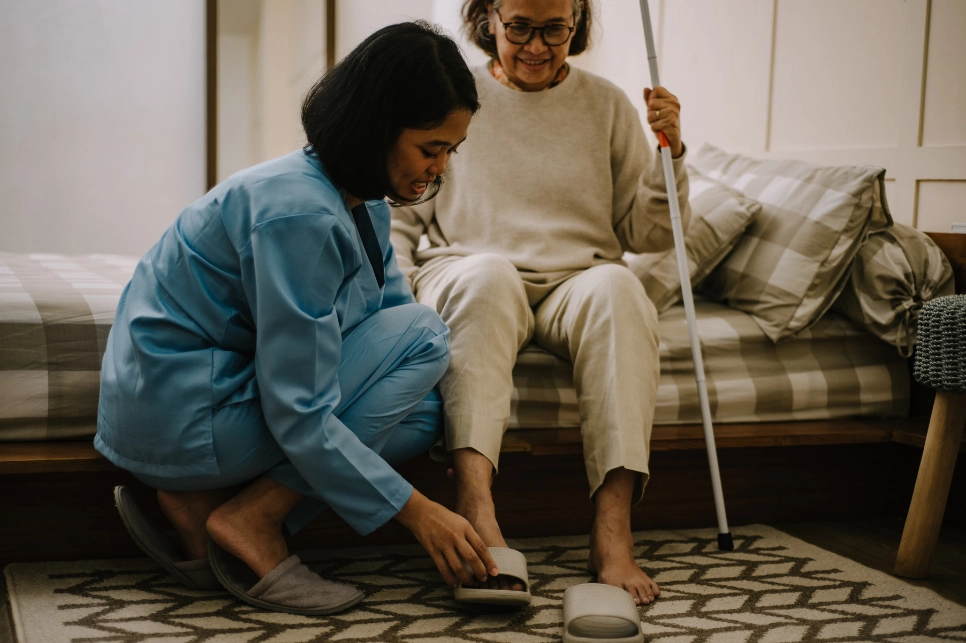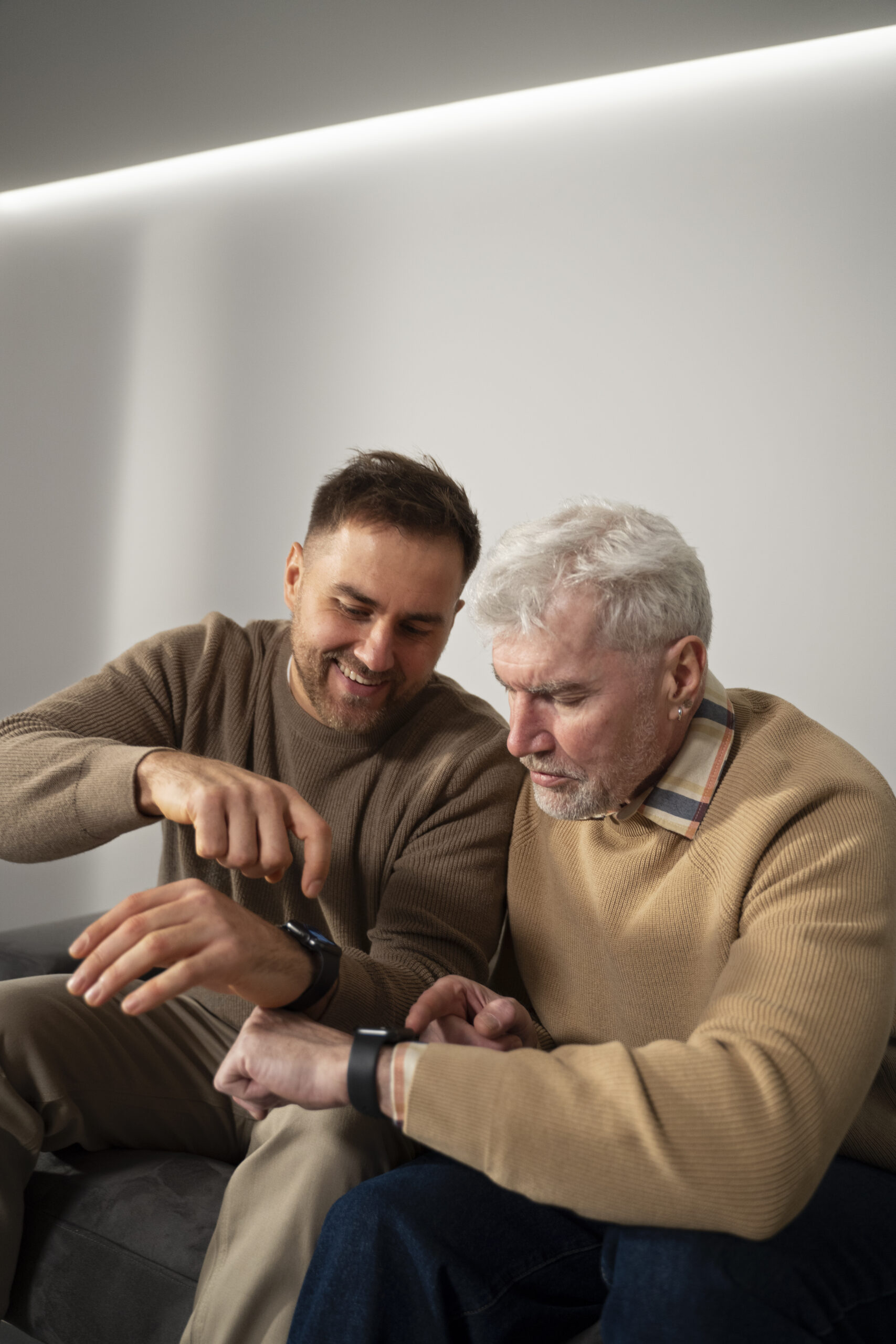Recognizing the Signs and Taking the First Step
Deciding when to bring in home care support for a loved one is never easy. Many families wait until a crisis forces their hand, but early intervention can improve quality of life, reduce stress, and help aging adults stay independent longer.
Here are key signs it may be time to consider non-medical home care:
- Changes in Personal Hygiene
You may notice unwashed hair, body odor, or the same clothes worn repeatedly. These are often signs that routine tasks have become overwhelming.
- Poor Nutrition or Weight Loss
Spoiled food in the fridge, a consistently empty pantry, or sudden weight changes can signal that cooking and grocery shopping have become difficult.
- Unpaid Bills or Missed Appointments
Stacks of unopened mail or confusion around managing appointments may indicate memory issues or executive function challenges.
- Falls or Mobility Issues
Even a single fall is a serious red flag. If your loved one is struggling with mobility, a caregiver can assist with walking, transfers, and safety monitoring.
- Isolation or Loneliness
Withdrawal from social activities, loss of interest in hobbies, or frequent sadness may point to emotional distress that companionship care can help alleviate.
- Family Caregiver Burnout
If you’re the primary caregiver and feeling overwhelmed, exhausted, or guilty, it may be time to bring in professional support to share the load.


